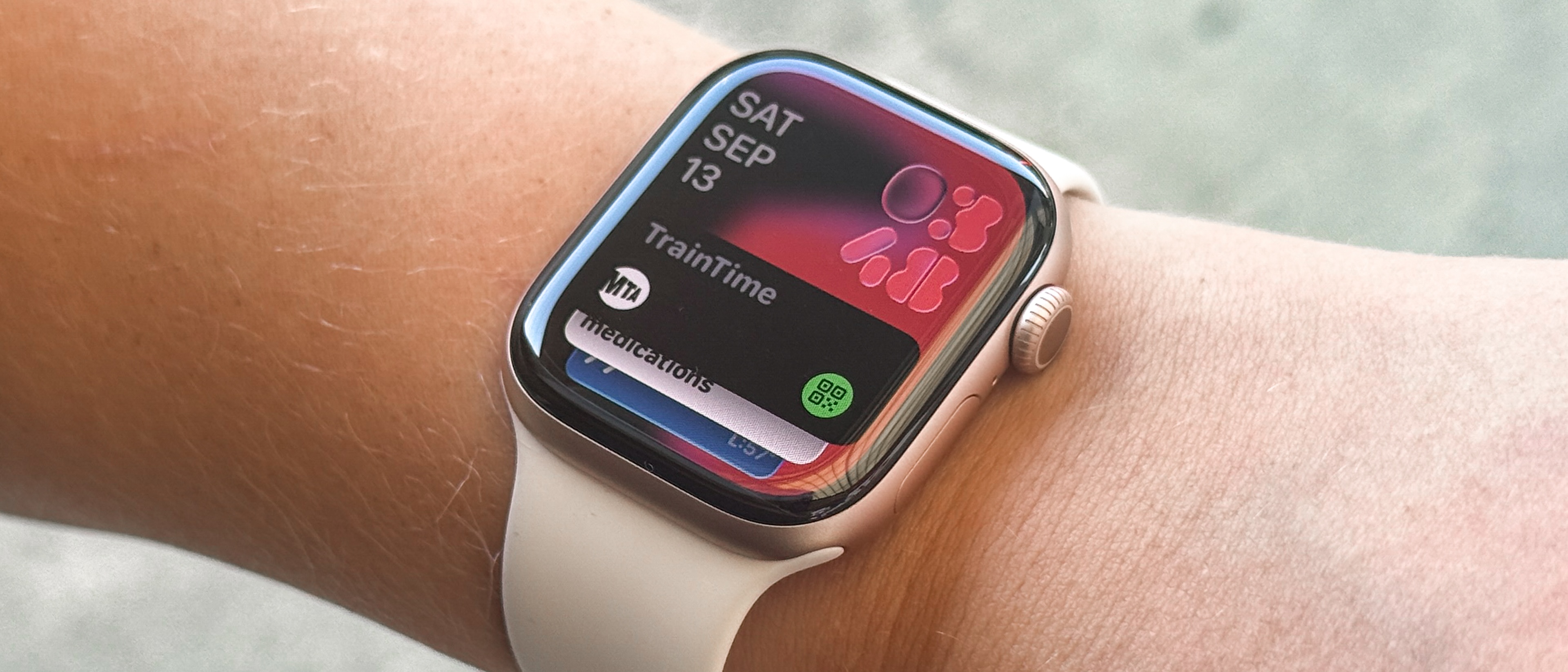
President Donald Trump spent the last several days promising Americans that “an answer to autism” was imminent. Instead, his big reveal on Monday offered families distorted science, false hope and unproven and at times dangerous medical advice.
Flanked by Health Secretary Robert F. Kennedy Jr. and other top federal health officials, Trump linked autism to the use of acetaminophen — the active ingredient in Tylenol — during pregnancy. This, despite decades of research showing that the medication is safe. He offered no evidence to the contrary.
He also repeated long-debunked claims that vaccines and the timing of the shots could be contributing to the increase in autism cases, also without presenting any evidence. And Trump and Kennedy announced that a form of folic acid called leucovorin might help treat symptoms of autism.
In promoting these unproven causes and treatments, Trump, Kennedy and other top health officials do a disservice not just to families and people with autism, but to pregnant women and children. The information provided at a rambling and often incoherent press briefing — during which Trump admonished pregnant women not to take Tylenol — could cause real harm. And it does nothing but create confusion and distract from genuine efforts to improve the lives of autistic people and their families.
[Related news coverage:Trump’s escalating attacks on vaccines shock public health leaders]
The consensus among actual experts based on decades of research is that genetics — not just one gene, but hundreds — play a major role in autism. Scientists have also spent years trying to understand which environmental factors might magnify the inherited risk of autism.
And while early studies did suggest that acetaminophen might slightly raise the risk of autism, that research also failed to account for the reasons that pregnant women take the drug, explained David Mandell, associate director of the Center for Autism Research at Children’s Hospital of Philadelphia.
Fevers during pregnancy, for example, are known to increase the risk that a child will have a neurodevelopmental delay, and are also the reason someone would take Tylenol. More recent, robust studies out of Japan and Sweden that controlled for those variables found no link between Tylenol and autism.
Trump and his team dismissed those critiques. “Sure, you’ll be able to find a study to the contrary, that’s how science works,” said Marty Makary, commissioner of the Food and Drug Administration.
Trump, meanwhile, seemed to blame women and those who choose to take the drug.
“Don’t take Tylenol. Fight like hell not to take it,” he said, conceding that women who can’t “tough it out” might still choose to.
Acetaminophen is considered the only safe pain reliever a woman can take during pregnancy. But to those women Trump said, that’s something “you have to work out with yourself.”
That admonishment could easily dissuade American women from treating a symptom that could endanger their child. “Everybody knows a fever is really bad for the developing brain. That’s good science,” says Robert L. Hendren, a psychiatrist who works in the Center for Autism Spectrum Disorders and Neurodevelopmental Disorders Program at the University of California, San Francisco. For Trump to “tell mothers that they’re wimps if they take Tylenol – and if their kid gets autism and they’re the cause of it – that’s just a shame.”
Just as easy answers to explain complex conditions are scarce, so, too, are miracle cures. Yet Trump and his health leaders blithely overpromised on the potential of leucovorin, which they claimed could help with speech and behavioral problems in children with autism.
But that claim isn’t supported by the kind of “gold standard” science this administration has vowed to pursue. So far, the drug, which was approved in 2002 to address side effects of chemotherapy, has undergone limited testing for the treatment of autism. The largest study enrolled just 80 children, and the other, smaller trials had design flaws that cast doubt on any hints of efficacy.
Yet the FDA is already adding information to the leucovorin label to allow its use to treat cerebral folate deficiency, a neurodevelopmental disorder associated with autism.
“Suggesting that there’s something out there for families who are pretty desperate to do anything that they can to help their children is a waste of time, a waste of money, and honestly a waste of hope,” says Connie Kasari, a founding member of UCLA’s Center for Autism Research and Treatment. “Jumping to this kind of conclusion is really dangerous.”
That doesn’t mean leucovorin isn’t worth investigating. But families of children with autism deserve the kind of large, placebo-controlled studies that can definitively prove (or disprove) the drug’s efficacy and define who it might help. Parents have already suffered through too many fake treatments that have been, at best, expensive but benign, and at worst, horrifyingly harmful. That terrible history should be a reason for the administration to exercise caution when discussing any potential therapy – not contribute to the hype.
But Trump also went beyond the already troubling repositioning of autism priorities to riff on the childhood vaccine schedule, which he implied could be linked to the disorder. “Don’t let them pump your baby up with the largest pile of stuff you’ve ever seen in your life,” he said, suggesting the shots should be spread out over several years.
The president also opined that children shouldn’t receive the Hepatitis B shot until they are 12 (it is currently given at birth), and that the measles, mumps, rubella and chickenpox shots should be administered separately. Pediatricians note that shots for those individual infections do not exist in the US, where children get a combination vaccine.
That the nation’s president used his platform to promote theories that have been thoroughly debunked across hundreds of studies endangers all children. Confidence in vaccines is already declining, a situation that has real consequences for public health – as was made clear by this year’s measles outbreak.
All of this seemed designed to stoke fears rather than calm them — and suggests the administration is more interested in easy “wins” than real solutions. As they sift through the raft of misleading and false information from their president, parents would do well to remember that the person with the best medical advice is their doctor.
Lisa Jarvis is a Bloomberg Opinion columnist covering biotech, health care and the pharmaceutical industry. Previously, she was executive editor of Chemical & Engineering News.



